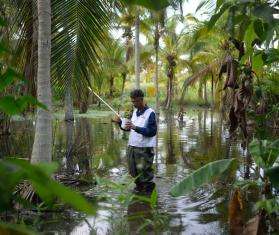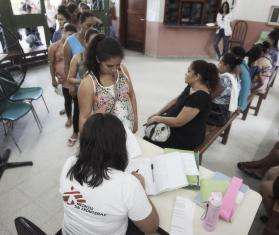Following the devastation caused in December 2021 by Super Typhoon Rai (locally known as Odette), which affected central and southern Philippines and displaced approximately 333,000 people, MSF carried out an emergency response in the island province of Dinagat and on outlying islands of Surigao City. Lasting until mid-March, the intervention focused on supporting health facilities with additional staff, running mobile clinics offering mental health and psychosocial support in isolated areas, facilitating referrals of critical patients, distributing hygiene items and safe water, and donating essential medical materials.
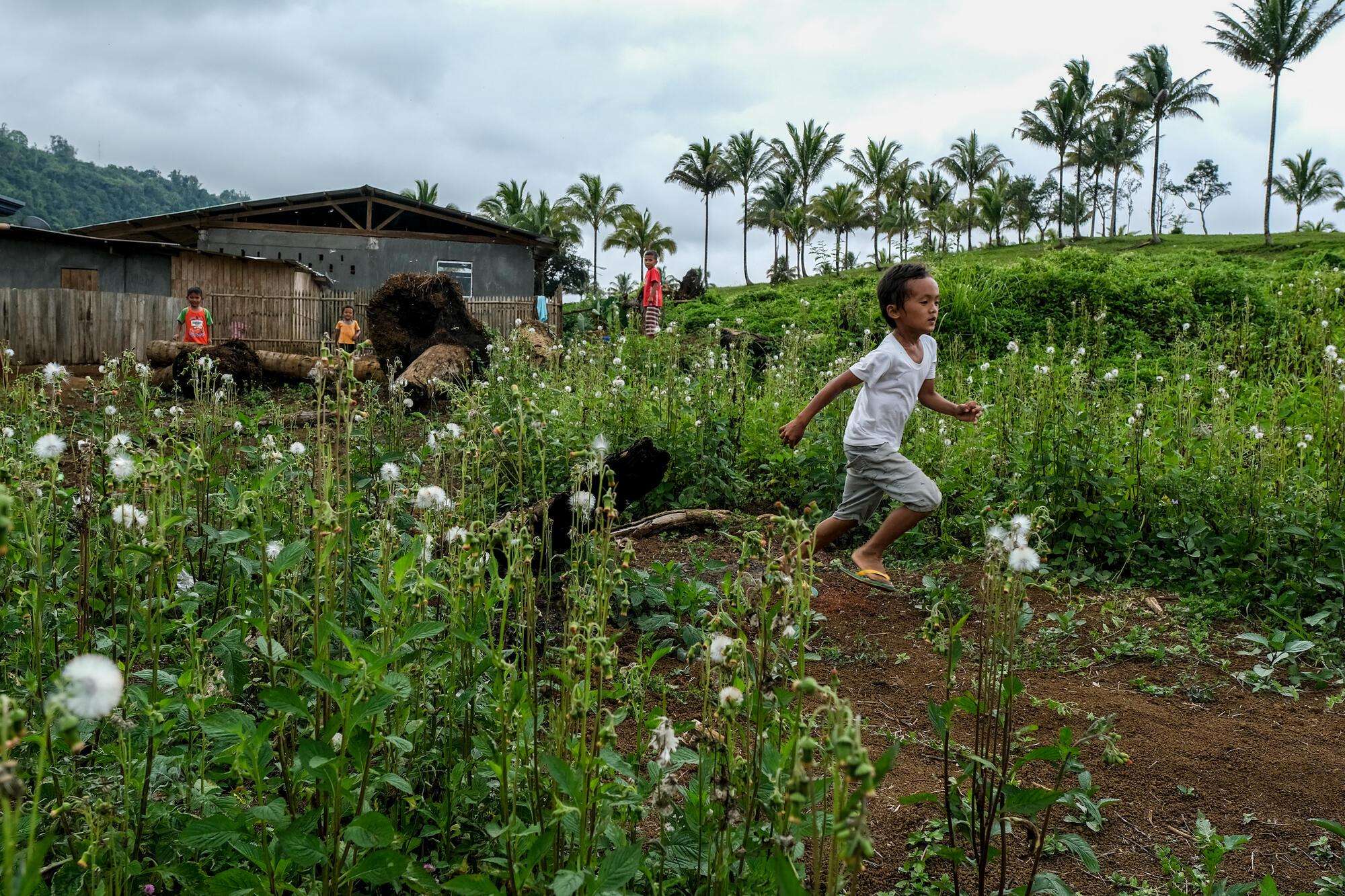
Philippines 2020 © Veejay Villafranca/MSF
Philippines
Our teams in the Philippines work on tackling the alarming tuberculosis (TB) incidence rate in the country, which is the highest in Asia.
Our work in Philippines
Doctors Without Borders/Médecins Sans Frontières (MSF) continues to respond to the high prevalence of tuberculosis (TB) cases in the Philippines, where it kills an estimated three people every hour.
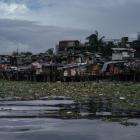
What's happening in Philippines?
To curb the spread of TB and reduce the incidence rate—currently the fourth highest in the world—MSF started activities in the capital, Manila, in 2021. In 2022, we launched new activities with a mobile X-ray truck in the district of Tondo, one of the capital’s most densely populated and impoverished areas, where people are most susceptible to TB infection. In collaboration with the Manila Health Department, our teams provided health promotion to encourage people to undergo chest X-ray examination. Patients are then referred to local health centers for treatment. Our teams also conduct home visits immediately after the diagnosis to screen households’ close contacts, administer TB skin tests, and offer preventive TB treatment to children. Early diagnosis and treatment are some of the most effective ways to prevent the spread of TB.
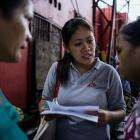
How we're helping in Philippines
In Marawi, in the southern part of the Philippines, we continue to assist people displaced and affected by the armed confrontation between government forces and pro-Islamic State group militants in 2017. We provide general and mental health care, as well as treatment for non-communicable diseases. In December, after the acute and post-emergency phases of our medical response, we closed the project and handed over activities to local health organizations.
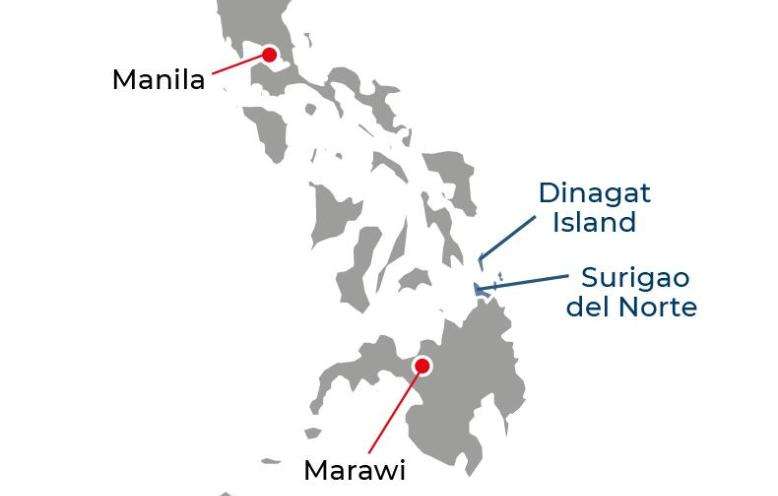
How we're helping
17,900
Outpatient consultations
*Data from MSF International Activity Report 2022
More news and stories
Learn about MSF’s journalistic roots and our commitment to bear witness and speak out about the plight of the people we treat.
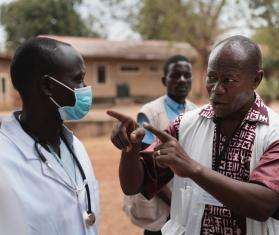
News Apr 22, 2020
COVID-19 crisis update: Racing to respond to the pandemic in over 70 c...
Read MoreLearn about MSF’s journalistic roots and our commitment to bear witness and speak out about the plight of the people we treat.
